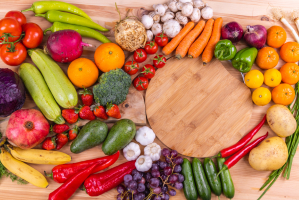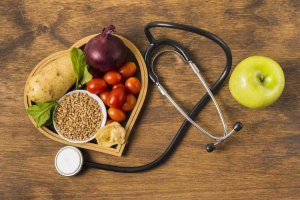Top 10 Nutrition Facts That Everyone Agrees on
Nutrition is a controversial topic, and it sometimes seems like people can agree on everything. But there are a few exceptions. Below is the list of some of ... read more...the top nutritional facts that everyone actually agrees with.
-
Producers often add sugar to processed foods to enhance their flavor. This type of sugar is known as added sugar. Table sugar (sucrose) and syrups, such as high-fructose corn syrup, are common sources of added sugar.
Everyone is aware of the harmful effects of consuming too much-added sugar. While some people believe that sugar is just "empty" calories, others think that it increases the risk of diseases that kill the lives of millions of people each year. Numerous other risks linked to consuming too much sugar are now reaching mainstream attention. Obesity, heart disease, and type 2 diabetes are all being linked to added sugar as a major factor. Therefore, added sugar that contains empty calories is unquestionably true and it has no nutrition. As a result, if you base your diet mostly on foods with added sugar, you may get nutrient shortages.

Added Sugar Is a Disaster 
Added Sugar Is a Disaster -
Omega-3 fatty acids have a crucial role in the health of the human body. Docosahexaenoic acid (DHA), an omega-3 fatty acid obtained from animals, for example, accounts for around 10–20% of the total amount of fat in the brain.
Lower IQ, depression, many mental problems, heart disease, and many other major diseases are linked to poor omega-3 consumption. Alpha-linolenic acid (ALA), eicosapentaenoic acid (EPA), and docosahexaenoic acid are the three main types of omega-3 fats (DHA). While EPA and DHA are best gained from fatty fish, fish oils, and certain algal oils, ALA is mostly found in plant oils. Grass-fed meat and omega-3 supplemented or pastured eggs are additional excellent sources of EPA and DHA. To work properly in the human body, the plant form of ALA must be transformed into DHA or EPA. However, in humans, this conversion process is inefficient. Therefore, it is best to consume a lot of foods high in DHA and EPA.

Omega-3 Fats Are Crucial and Most People Don’t Get Enough 
Omega-3 Fats Are Crucial and Most People Don’t Get Enough -
There isn't a healthy diet that will be effective for everyone. According to the results of a study that examined how genetics, the microbiome, and lifestyle choices affect metabolism, people respond to food in such different ways that each person needs a customized diet plan.
Which type of diet you should follow might differ slightly depending on your genetics, body type, level of physical activity, and environment. Some people do best on a low-carb diet, while others benefit more from a high-carb vegetarian diet. What works for one person may not exactly work for the next. It might be necessary to conduct some experimenting to determine what you should do. In order to find something you like and think you can stick with, try a few other things.

There Is No Perfect Diet for Everyone 
There Is No Perfect Diet for Everyone -
The worst kind of fat to consume is trans fat. The majority of trans fats are mainly produced by adding hydrogen to vegetable oil, which makes the oil harden at room temperature.
Trans fats, in contrast to other dietary fats, commonly known as trans-fatty acids, raise "bad" cholesterol while also lowering "good" cholesterol. Heart disease, the number one killer of adults, is increased by a diet high in trans fats. The risk of heart and blood vessel disease increases with the number of trans fats consumed. Trans fat consumption is also linked to inflammation and abdominal obesity. If your life depended on it, you should stay away from trans fats. Experts advise consuming as little trans fat as possible, especially the manufactured variety found in partially hydrogenated vegetable oil.
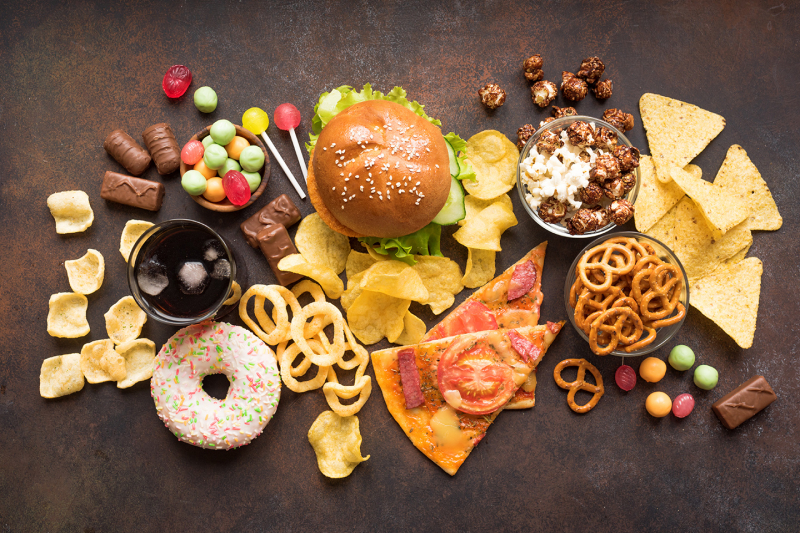
Artificial Trans Fats Are Very Unhealthy 
Artificial Trans Fats Are Very Unhealthy -
A diet high in fruits and vegetables can lower blood pressure, lessen the risk of heart disease and stroke, prevent some types of cancer, cut the risk of eye and digestive problems, and improve blood sugar levels, which can help control hunger.
Consuming non-starchy fruits and vegetables, such as apples, pears, and green leafy vegetables, may even help people lose weight. Their low glycemic indexes avoid blood sugar spikes that could make people feel more hungry. There are at least nine distinct families of fruits and vegetables, each of which may contain hundreds of different plant compounds with health-promoting properties. Eat a variety of types and colors of produce in order to give your body the mix of nutrients it needs.

Eating Vegetables Will Improve Your Health 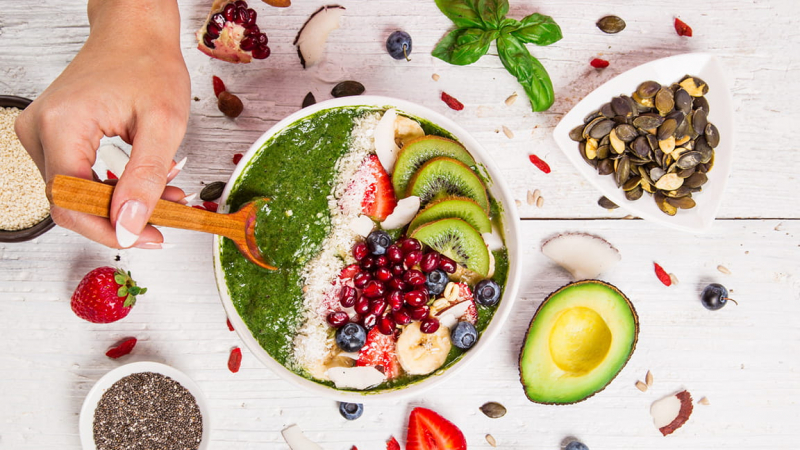
Eating Vegetables Will Improve Your Health -
The skin makes vitamin D when it is exposed to ultraviolet rays from the sun. The majority of people's daily needs have been met in this way throughout evolution. But now, a substantial percentage of the world lacks this essential nutrient.
Today, many people choose to stay indoors and wear sunscreen when they go outside. Sunscreen successfully blocks vitamin D generation in the skin. Loss of bone density brought on by a vitamin D deficiency can result in osteoporosis and fractures (broken bones). Other diseases can develop as a result of severe vitamin D deficiency. It may result in rickets in children. Rickets is a rare disease that causes the bones to become soft and bend. Unfortunately, getting enough vitamin D from food may be difficult. The best way to avoid or treat a deficiency is to receive more sun, but if that is not possible, the best approach is to take a vitamin D supplement or a tablespoon of cod liver oil every day.

It Is Critical to Avoid a Vitamin D Deficiency 
It Is Critical to Avoid a Vitamin D Deficiency -
There are many differing views on carbs and fat. Some people believe that fat is the source of all evil, while others think that carbohydrates are the main cause of obesity and other chronic diseases.
But what pretty much everyone agrees on is that refined carbohydrates are less beneficial than unrefined carbs. Whole foods that are high in unrefined carbs. These include beans, vegetables, fruits, and whole-grain cereals. On the other hand, refined carbohydrates include refined sugar and flour. People whose diets are mostly composed of refined carbs may be deficient in fiber and many other beneficial nutrients. They thus have a higher chance of developing chronic diseases. Additionally, eating refined carbs will quickly raise blood sugar levels. So whole grains and unrefined carbs clearly offer far greater health benefits than their refined and processed counterparts.

Refined Carbohydrates Are Bad for You 
Refined Carbohydrates Are Bad for You -
Supplements aren't intended to replace food. They are unable to duplicate all the nutrients and benefits found in whole foods like fruits and vegetables.
Nuts, for example, are more than simply polyunsaturated-fat-rich shells. Fruits are real foods that contain a large variety of trace nutrients. Dietary fiber is found in whole foods including whole grains, fruits, vegetables, and legumes. The risk of type 2 diabetes, colorectal cancer, stroke, and heart disease can all be decreased with dietary fiber. Many whole foods include healthy chemicals, such as antioxidants, which slow down a natural process that damages cells and tissues. In short, the number of nutrients in foods is far more than the number of vitamins and minerals, which you may also get from a low-cost multivitamin.
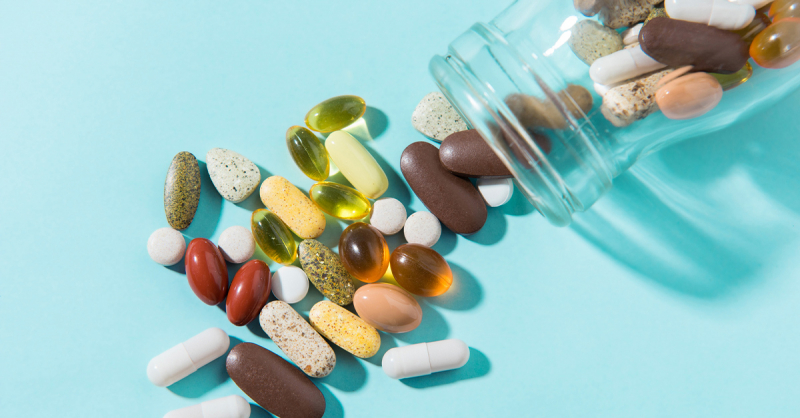
Supplements Can Never Fully Replace Real Foods 
Supplements Can Never Fully Replace Real Foods -
"Diets" are ineffective, they just work in the short term, but once the diet is over and you start eating junk food once again, the weight will come right back on. This is called yo-yo dieting and is quite popular.
According to a study published in the BMJ, in the first few months, most diets help in weight loss and blood pressure lowering, but the expected results are short-term. Because of this, making a lifestyle change is the only thing that will actually have long-term effects on you. Make sure to eat a balanced diet that includes fresh, in-season food to get vitamins, minerals, and antioxidants. Make movement, activity, and exercise a regular part of your day. You don't need to hire a personal trainer or spend hours at the gym. A good way to start may be a leisurely jog or stroll while listening to your favorite music, a dancing class, or a yoga session.

“Diets” Don’t Work — a Lifestyle Change Is Necessary 
“Diets” Don’t Work — a Lifestyle Change Is Necessary -
In general, processed food is less healthful than real food. Real food is food that is as close to its natural state as possible, it is primarily: unprocessed, free of chemical additives and rich in nutrients.
The population's health has worsened as the food system has gotten increasingly industrialized. Many of the food's beneficial nutrients are lost during processing. Food producers add additional potentially harmful ingredients like added sugar and trans fats in addition to removing important nutrients like fiber. Furthermore, processed foods are loaded with a variety of chemical chemicals, some of which have questionable safety profiles. Last but not least, consuming a diet high in nutrient-dense, unprocessed foods may also help in decreasing inflammation, which is one of the main causes of heart disease.
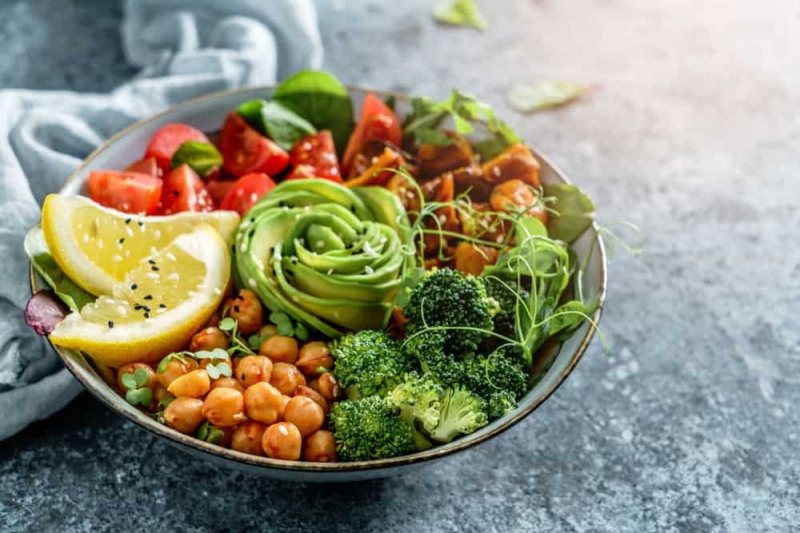
Unprocessed Food Is Healthiest 
Unprocessed Food Is Healthiest

















